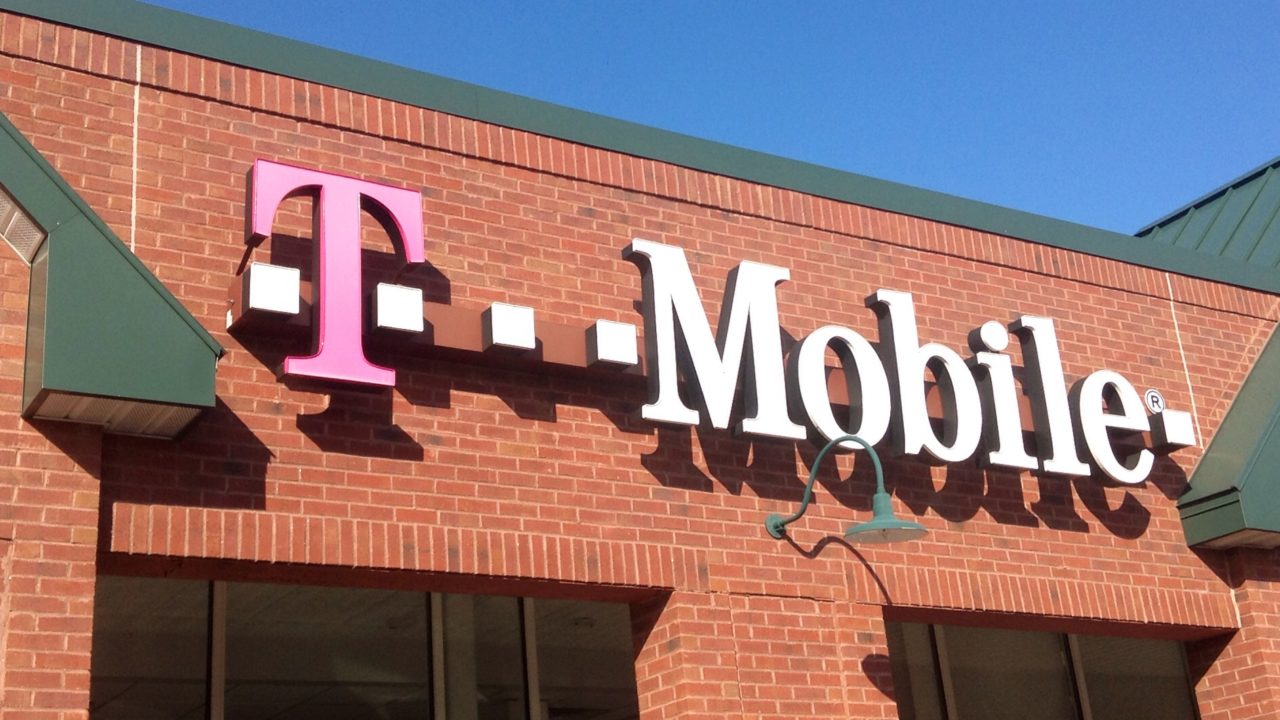
Getting the Facts Right on the T-Mobile–Sprint Merger
Yesterday, attorneys general from nine states and the District of Columbia filed a lawsuit to block the T-Mobile–Sprint merger.
New York Attorney General Letitia James and California Attorney General Xavier Becerra are leading the lawsuit with the support of the attorneys general from Colorado, Connecticut, the District of Columbia, Maryland, Michigan, Mississippi, Virginia and Wisconsin.
The lawsuit filing states that the merger violates antitrust laws and would harm competition, consumers and innovation. In a statement, New York Attorney General James said the merger should be blocked “because this is exactly the sort of consumer-harming, job-killing megamerger our antitrust are designed to prevent.”
The facts are that this merger would boost competition, create new jobs and benefit consumers.
The merger would bolster competition
The lawsuit states that the merger will harm competition. While it’s true that the top four mobile carriers would be consolidated into three, that doesn’t necessarily lead to decreased competition.
The top two wireless carriers are Verizon and AT&T, which have approximately 150 million and 142 million subscribers, respectively. The two hold around 67 percent of the market share.
Not only do Verizon and AT&T have a huge portion of the market share, but they are massive companies in and of themselves. Both don’t operate solely in the wireless carrier industry; AT&T owns DirecTV, HBO, DC Films and Fandango, and Verizon owns AOL, Yahoo and Oath Media (now Verizon Media).
While Sprint and T-Mobile both have subsidiaries, none are as powerful as the ones owned by Verizon and AT&T.
It’s also important to note that Sprint may not have a future without the merger. In an April 2019 filing with the FCC, the company wrote that it is losing customers and does not have enough money to pay its debts and invest in its networks. “Simply put, Sprint is not on a sustainable competitive path,” the document reads.
Few companies could afford to purchase Sprint’s assets if it were to go under. Perhaps huge companies like Verizon, AT&T or Comcast could, but that wouldn’t help increase competition.
However, if T-Mobile and Sprint merge, they would create the company the New T-Mobile, which would have 126 million subscribers. The New T-Mobile would be more able to fully compete with the current wireless top dogs. The merger wouldn’t create some behemoth that would eat up the entire market; it would actually level the playing field.
The merger would create jobs
In a press conference following the announcement, New York Attorney General James said the merger would result in “the loss of thousands of jobs nationwide.”
The reality is that the New T-Mobile will create more jobs. T-Mobile’s CEO John Legere has pledged to create 5,600 new customer service jobs and employ 7,500 more people than the standalone companies would have.
Some have claimed that the merger would result in 28,000 lost jobs. That just wouldn’t work from a business operations standpoint. Currently, Sprint has approximately 30,000 employees. If the New T-Mobile eliminates 28,000 jobs, the new company would not be able to operate.
The merger would benefit consumers
The state attorneys general are also concerned about the merger’s effects on rural and lower-income consumers, particularly prepaid users.
Though the attorneys general claim that this will result in higher prices, both companies have said that they will not raise prices for the next three years.
They have also committed to build up our nation’s 5G network, particularly in rural areas. Within three years, the 5G network would cover 97 percent of Americans, including 85 percent of rural residents. The two companies will also create an in-home broadband product, which can also work in underserved areas.
In order to address competitive issues in the prepaid wireless market, the companies have also decided to divest Boost Mobile, Sprint’s prepaid wireless carrier.
Former FCC Commissioner Mignon Clyburn, who opposed the AT&T–T-Mobile merger in 2011, wrote that T-Mobile has a reputation for serving cost-conscious Americans. She believes the merger will “create an inclusive, nationwide 5G network and services that will greatly improve access to broadband for all New Yorkers, not just the wealthy.”
In other words, the T-Mobile–Sprint merger will help Americans in typically underserved areas stay connected online and participate in the digital economy.
The bottom line is that a merger between T-Mobile and Sprint would help the country—it would close the digital divide and strengthen the nation’s global competitiveness. Instead of muddying the waters with unnecessary lawsuits, we should embrace a future of 5G and increased connectivity.
Author: Bethany Patterson
Photo Credit: Mike Mozart